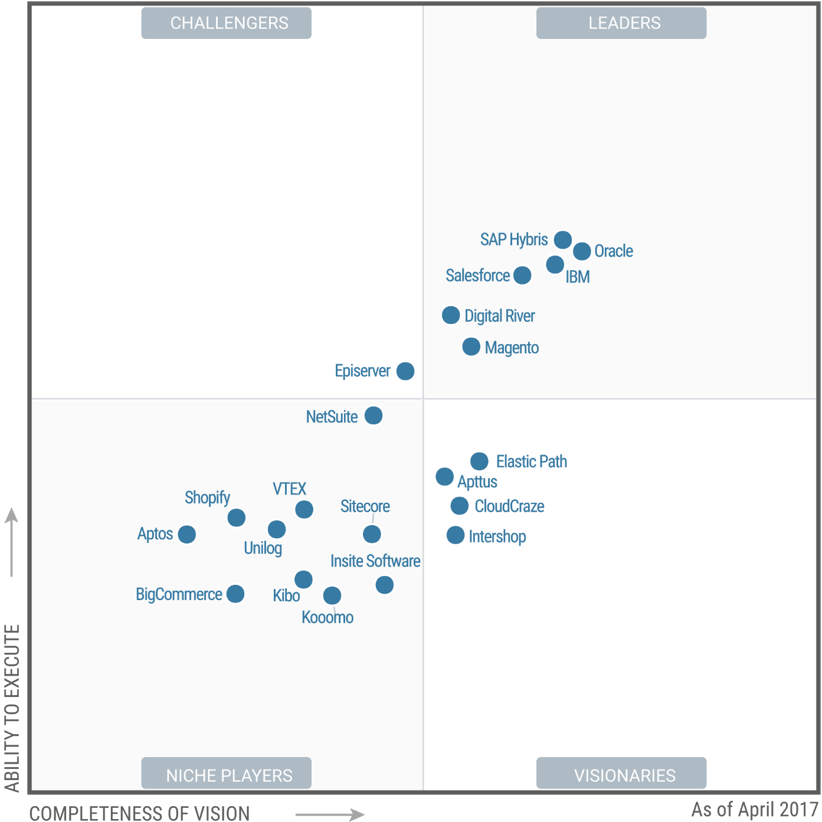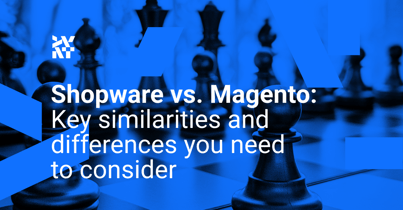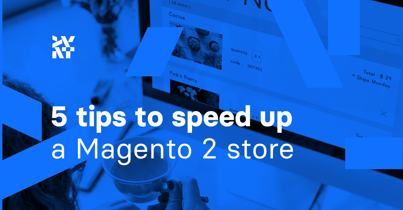Every year Gartner evaluates several dozen big eCommerce platforms. They finally singled out huge, complex platforms for evaluation. There you will not find Shopify, WooCommerce or other players designed as a tool for small e-shops. Many large organizations won’t buy software out of this list.
In past years Magento was stronger and stronger in this Magic Quadrant. Last year it was named a Challenger. This year, for the first time in history, Magento was named as a Leader.
To be named a leader you must prove your solution is strong enough to handle the biggest eCommerce projects.
Mark Lavelle, a Magento CEO, wrote in letter to the Magento Partners “This recognition comes on the heels of our strong performance in several other prominent analyst benchmark reports, including the Forrester B2B and B2C Waves, IDC Marketscape and Frost & Sullivan, and further underscores our platform’s unique ability to provide customers with the agility and scalability they need to grow and achieve sustainable differentiation in their businesses.”
So this is not a single happy incident but rather a predictable path of growth for Magento becoming a Full Scale eCommerce Enterprise Platform.
Why Gartner named Magento a Leader
- Flexibility: With an open-core solution and REST APIs, Magento can be heavily customized (e.g., via in-house development and/or extended via its large and mature extension marketplace).
- Cost-effectiveness: Magento offers a flexible pricing model based on tiers of digital commerce revenue. A majority of its reference customers reported high satisfaction with the overall value proposition. All reported extremely high overall satisfaction with both Magento and its digital commerce platform.
- Speed and architectural improvements: Since Enterprise v.2.0 (released in November 2015) Magento has made performance and architectural improvements in subsequent versions. These include separating databases for customer and product data, and check-out improvements that enable companies to manage increasing transaction volumes.
What does it mean to the Magento Ecosystem
At Divante we often propose Magento over SAP Hybris. Until today, it was perceived as a cheaper option. Some companies don’t even bother to think about Magento and their CTOs considerations are entirely dependent on industry reports. This will now change. We can assume that larger companies will compare Magento with other Leaders like a Hybris, Oracle and IBM. I’m sure that TCO, Flexibility and Time to Market will be huge Magento strengths in the eyes of C-Level decision makers.
All Magento Agencies will receive increased leads from corporations. The typical Magento partners are quite small companies. This is chance for them them to growth to offer corporate clients stability and quality processes they need.
This is also an opportunity for bigger Magento Partners (like us – Divante.co) to enter a new level by working hand by hand with the largest companies. Of course, we will need to learn how to cooperate with them and satisfy their stakeholder’s expectations.
How Magento could help
We know that Magento is hiring C-Level Players from Oracle and other “serious IT companies”. It will be great if they educate Magento Partners on how to deal with enterprise sales. This could create growth that motivate Partners to cooperate more closely with Magento and make it even stronger. I think that Magento really needs this after last year when education about the new M2 was costly for all partners.
This is obviously a huge opportunity for all of us. Fingers crossed!
Published May 1, 2017












